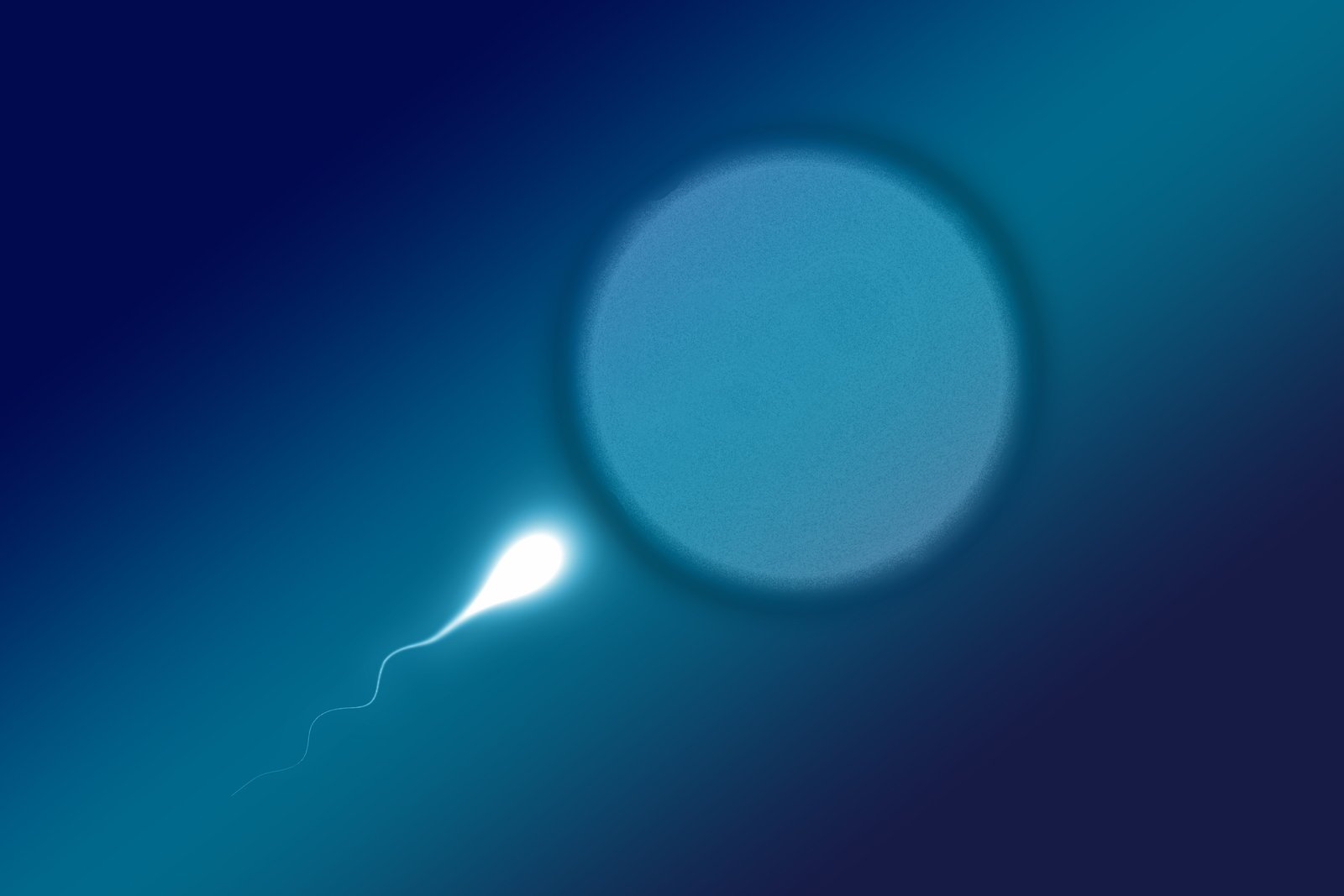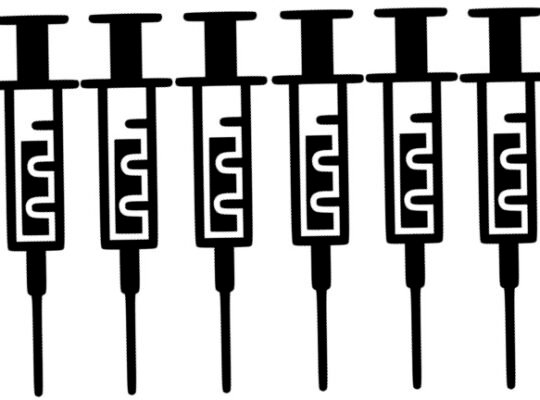Adolescence is a period of significant growth and development within the teenage brain.
During puberty, while the pre-frontal cortex, the part of the brain responsible for decision making, is in development, the amygdala, the part of the brain associated with emotions, instincts and impulse, where the fight and flight response hormones are released to signal the need for aggression or escape for survival, is much more active. Behaviour can reflect this, which can be as bewildering to the person exhibiting extreme emotional reactions, as it is to the loved ones around them.
There is much to navigate for teenagers while these changes are taking place, alongside extra responsibilities within their home and learning environments, which can affect friendship and social group dynamics and the ability to manage during this time of life.
Hormonal changes can cause increased susceptibility to anxiety as the Amygdala changes and homeopathy can provide great support to teenagers, especially where there may be significant anxiety around performance, whether anticipatory exam anxiety, or social anxiety with remedies to address anything from acute panic symptoms [ACONITE 30C] to performance nerves [GELSEMIUM 30C].
Homeopathy can be hugely supportive, on a physical level for menstruation issues and discomfort, as well as emotional symptoms associated with PMT.
Girls can experience menstrual cramps [‘Dysmenorrhea”] and when symptoms are consistently difficult to cope with, a GP may prescribe oral contraceptives. Oral contraceptives are linked with weight gain and other side effects, which may not be in the best interest of the teenager. Dysmenorrhea is the most commonly reported menstrual disorder and affects up to 90% of women. It can be treated, effectively, with a range of homeopathic remedies [SEPIA, MAG. PHOS 12x] depending on the specific individual symptoms, and homeopathy is my recommended first port of call for teenage girls, before even considering pharmaceutical intervention.
A note on the the increasing medicalisation of our children:
Dr. Tess Lowrie, Doctor, researcher, health advocate and co-founder of World Council for Health initiative, has recently tweeted a warning.
Medical intervention with pharmaceutical medication, while it has a place in some instances, comes with consequences and “side effects” especially when medicines are taken for a sustained period of time. With homeopathy no longer being available for NHS GPs to prescribe, at their discretion, teenagers will be offered only pharmaceutical interventions rather than the gentle, effective and non-invasive homeopathic options.
Delivery of medical intervention is also increasingly prevalent within the school environment, normalising the practice of receiving pharmaceutical products as preventative measures to children. The annual ‘flu jab is not a guarantee to prevent the current ‘flu strain of the winter season, yet it is administered across the UK to school children throughout primary and secondary schools, and the HPV jab has been linked to some life-changing injuries to both teenage girls and boys.
As a mother I am concerned each time that I receive a letter from the “School Immunisation Team” with another medical procedure offered for my daughter. Are our children being properly informed about the negative effects or given access to the stories of those whose lives have been permanently affected by an adverse response to a medical procedure offered via the school?
Read more here
As parents we need to make sure that our children are not being hijacked by Big Pharma. An increasing number of children are being medicated for numerous reasons, leading to dependence on substances that may be detrimental in the long term. Anti-depressants have been found to cause PSSD in some long term users and even long after cessation Post-SSRI sexual dysfunction is a set of heterogeneous sexual disorders that may arise during the administration of SSRIs and persist after their discontinuation. The number of anti-depressants being prescribed to 12 -17 year olds rose by 40% between 2005 and 2017 according to NICE [read more here] and whilst talking therapies are intended to be the main treatment, medical interventions are being administered or prescribed because talking therapies are not available.
Recent controversy regarding puberty blockers, with the release of the Cass Review, led by consultant paediatrician Dr Hilary Cass, identified that “the use of masculinising / feminising hormones in those under the age of 18 … presents many unknowns”. A recent Mayo Clinic study, although not yet peer reviewed, casts serious doubt on the “reversibility” claims of puberty blockers, and children as young as 12 years old are being prescribed life-altering medications, and being put on a medical and potentially surgical pathway.
Our teenagers need protection from this pervasive and sometimes unscrupulous industry.
Homeopathy is gentle and holistic. Remedies provide support for mental and emotional issues, as well as support for physical discomfort. A recent breakthrough study [read here] has identified the characteristics of ultrahigh dilutions of the homeopathic remedy Aurum Metallicum [Gold]. Identifying ultra high dilutions of a substance in water, has been a bone of contention, and without it, until now, criticism of homeopathy being nothing more than placebo has led to this gentle and effective medical system being removed from the NHS. Using TEM-EDX [transmission electron microscopy] and the methodology based on Raman spectroscopy and DL [Deep Learning] algorithms, a protocol for ultra-high dilutions (UHD) evaluation is proposed, which could be the pathway required for Homeopathy to gain scientific traction. #ReturnHomeopathytoNHS






